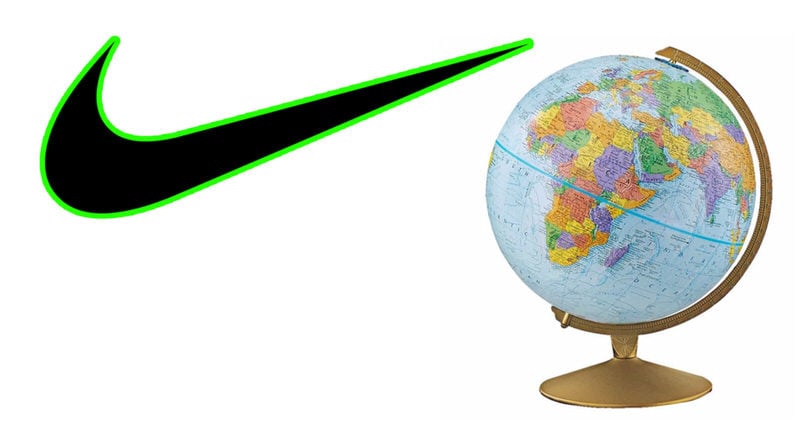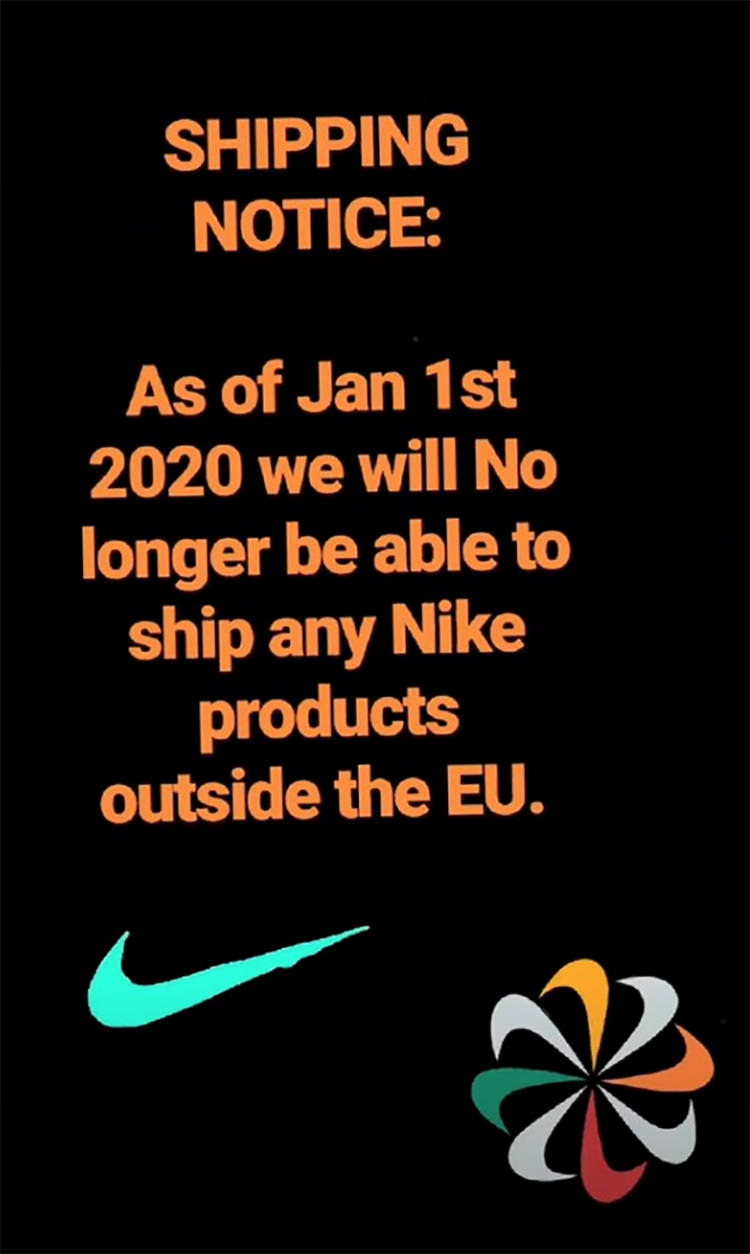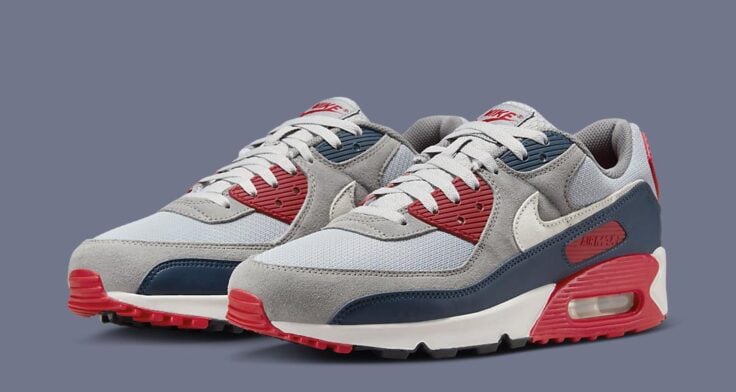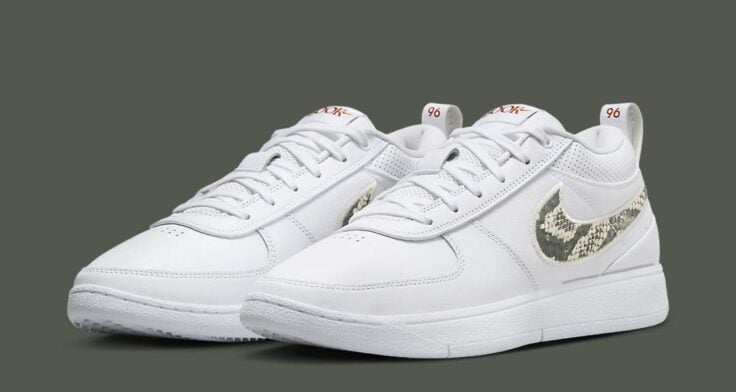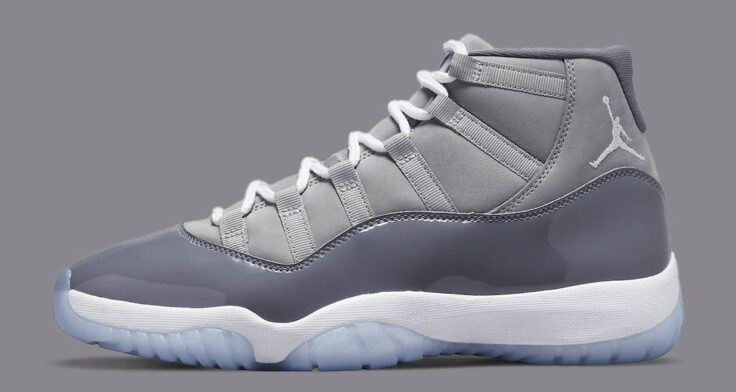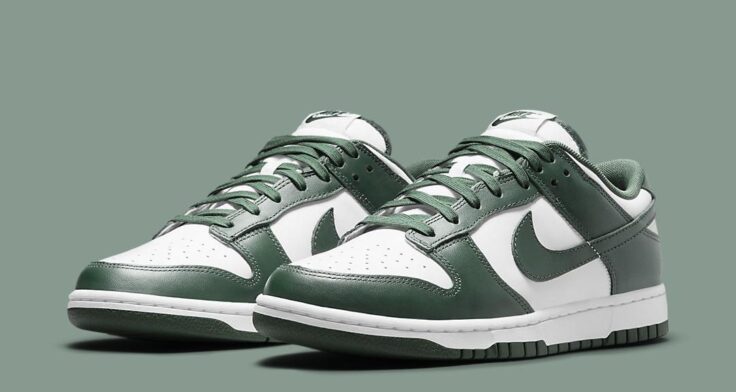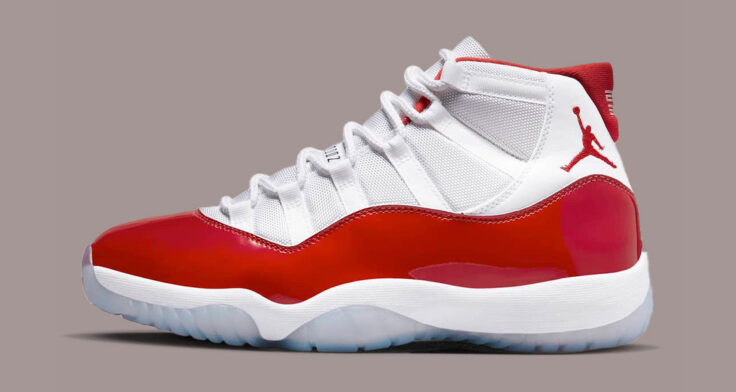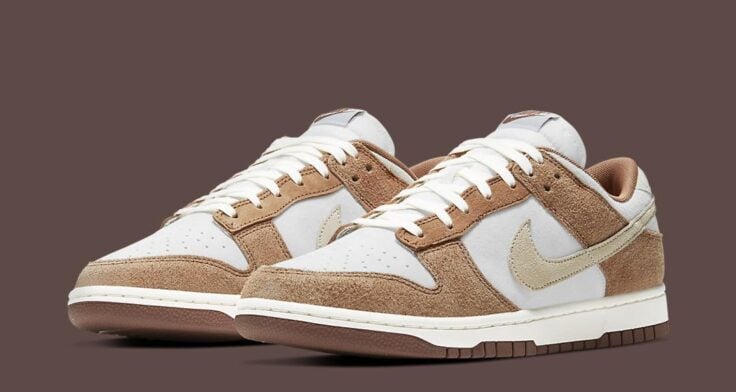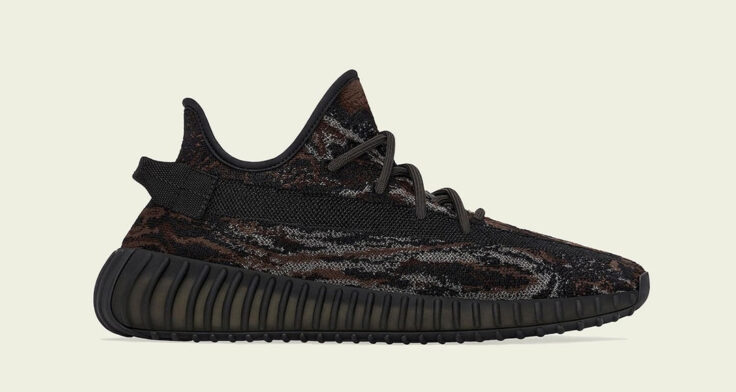There was a time when chasing co.jp Dunks or Amsterdam exclusive Air Maxes meant being bi-lingual and having overseas connects through NikeTalk.
That time was the early 2000s.
Over the course of the 2010s, sneaker culture absolutely exploded from cult collectors to the mainstream masses with the market becoming much more global and taste becoming much more homogenous. In that same time, the secondary market – or resale arena as we now know it – boomed to a billion dollar business.
While all that has led to more product and more opportunities for consumers, it’s also taken away much of the power from brands to segment markets, control demand and create chase. It’s likely because of this that reports suggest Nike will ban international shipping for retailers in 2020.
Reported by Highsnobiety following word from Attitude, Inc., an England-based skate shop, Nike accounts will not be able to send product to buyers in other countries come the new year.
Retailers have said this message from Nike states the following:
“Shipping to consumers internationally is in violation of Nike Terms & Conditions of Sale. Violation of Nike’s distribution policies may result in corrective actions up to and including discontinuing Retailer access to Nike product.”
Essentially, if a retailer is caught shipping/selling shoes internationally they could lose their Nike account.
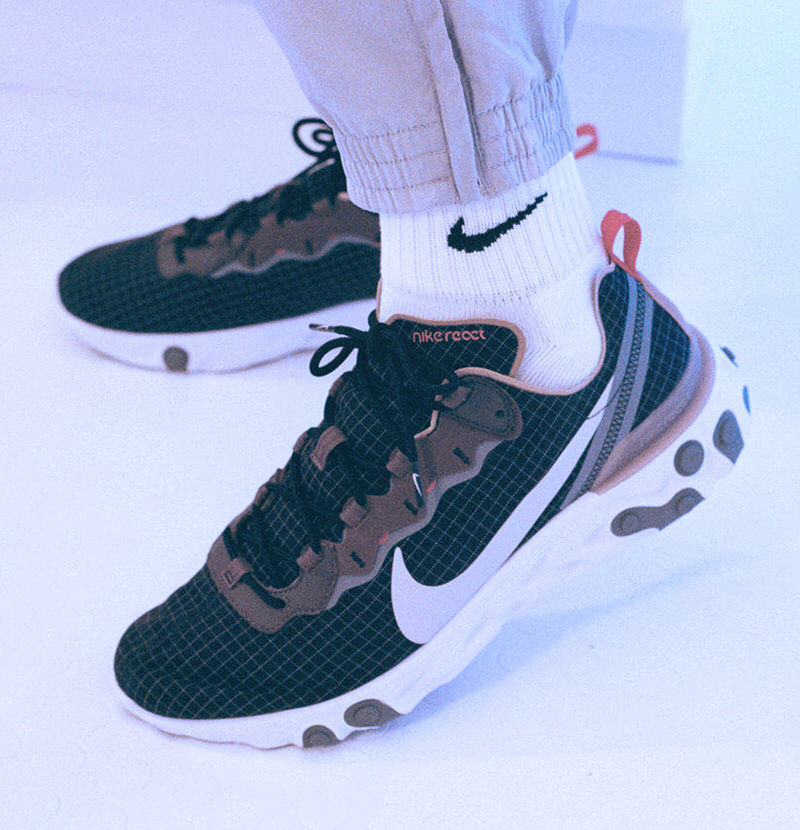
So, how does this move affect sneaker culture?
There are both pros and cons.
For those looking to rekindle the chase or more so experience the perks of exclusivity and local pride that regional releases once created, you may actually have to live in New York City to get a “What the NYC” Air Force 1 or reside in Paris to get a limited edition PSG Air Jordan retro as example.
This allows Nike to build esteems of certain silos or stories in select cities or countries to further dictate the pulse of what’s cool or desirable. Naturally, they’d like to do this.
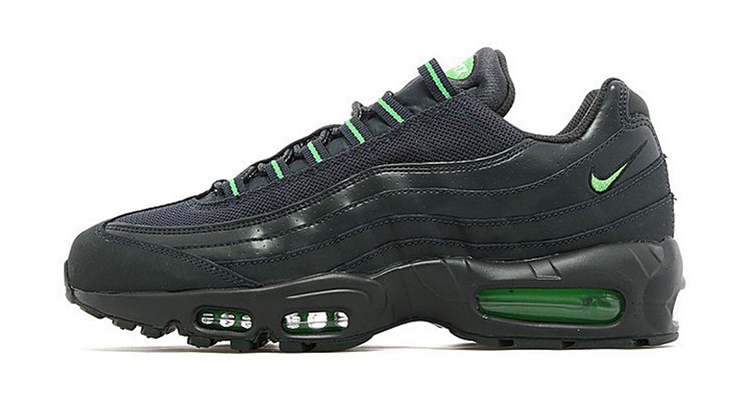
What it also means is higher resale prices.
For example, if you can’t buy a Euro exclusive Air Max online from JD Sports or 43einhalb due to new shipping restrictions, then effectively StockX is not just your best option but also your only option. While StockX allows the market to dictate the value unlike other resale sites that set a price, narrowing the number of outlets all but undoubtedly increases the price if a product is already that coveted.
So, is this a good thing?
At this juncture, we’d mostly say no.
While we’ve longed for regional releases and restoring that old feeling of local pride, it could come at the cost of retailers going out of business. This move essentially shrinks each shop’s reach to their homeland country in regards to selling Nike product. The Swoosh has used their leverage on retailers before – especially during the Jordan retro boom – requiring boutiques and mom and pop stores to take on apparel and undesirable inline footwear in order to secure allocations for pinnacle product.
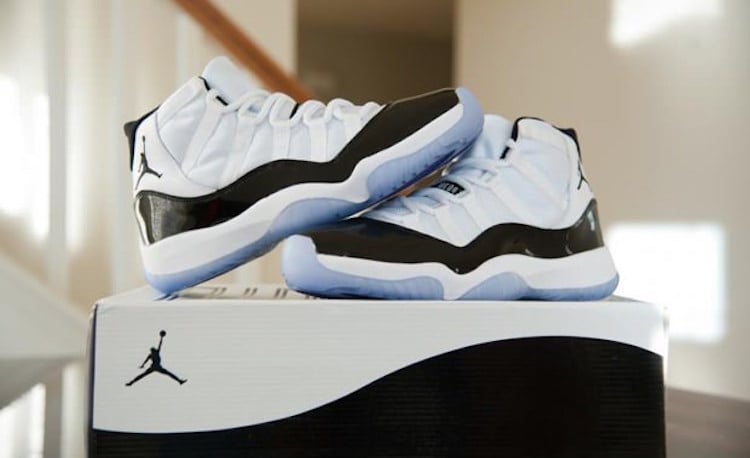
Example: if you’re a boutique that needs 36 pairs of Air Jordan 11s to avoid a riot at your store around the holidays and to remain in business this might also mean having to take on 48 Concord themed t-shirts and 24 pairs of True Flights. How do you move that additional product and keep the lights on?
Essentially, this move will bring more online shoppers to Nike’s e-commerce and the SNKRS App. Regional releases will only be available online through the secondary market, leveraging the perceived value of limited Nikes which is again good for Nike but more expensive for the end consumer.
What’s your take on this new rule? Sound off to @nicekicks on our social.
